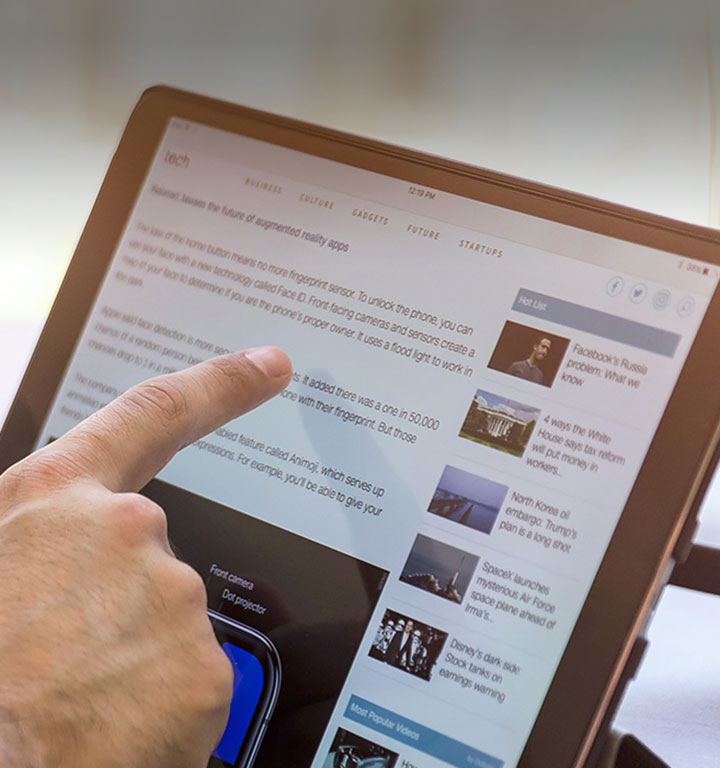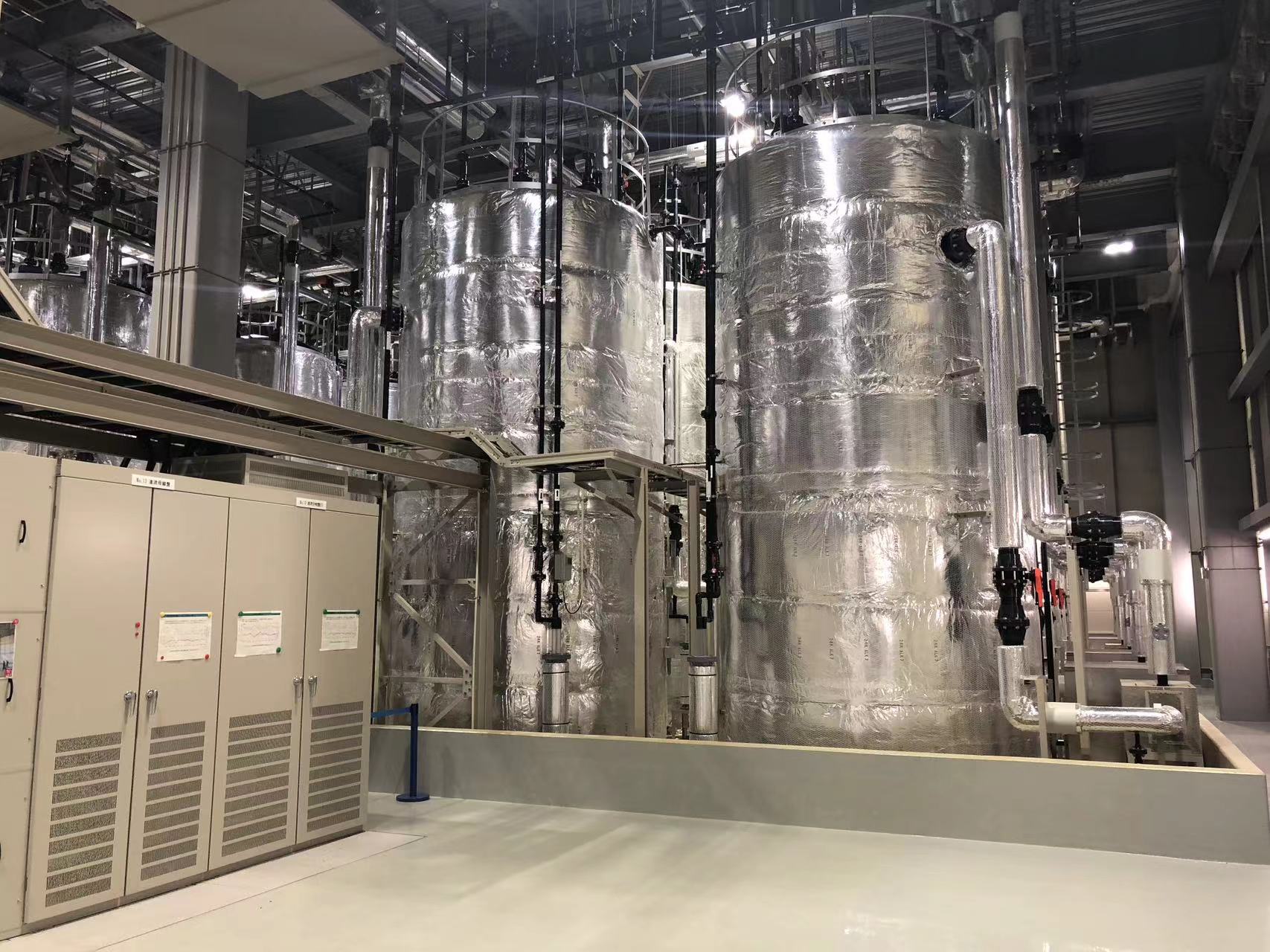

Over the past two years, European countries have been actively deploying heat pumps, which they see as a key pillar in the transformation of their heating systems. The European Commission's "REpowerEU" plan, published last May, explicitly calls for the current rate of heat pump deployment to double, with a cumulative total of 10 million installations over the next five years. By 2050, Germany wants to reduce its CO2 emissions by 80 to 95 per cent from 1990 levels. This target means that 40 million German households will have to switch their heating systems to climate-friendly heating within 20 years.
Since the Russian-Ukrainian conflict, major European countries have been facing increasingly severe "cut-offs" of Russian gas supplies. At the same time, European countries are accelerating their energy mix transition, hoping to break away from their energy dependence on Russia. In this context, accelerating the promotion of heat pumps to replace natural gas heating is not only necessary to alleviate the need for winter heating, but also an important part of Europe's accelerated energy mix transition in the medium to long term.
Why Heat Pump?
Heat pumps are devices that transfer heat energy from a low level heat source to a high level heat source, and are a new energy technology that is attracting a lot of attention worldwide. Unlike the familiar mechanical device that raises the level of energy - the 'pump'; a heat pump usually takes low-grade heat energy from nature's air, water or soil, does the work with electricity and then provides people with high-grade heat energy that can be used. Compared to other heating methods, the primary energy consumption of an air source heat pump, for example, is only 27% of that of an electric boiler, 49% of that of a coal-fired boiler and 59% of that of a gas boiler.
Considered a climate-friendly alternative to traditional heating systems such as gas or oil heating, heat pumps typically achieve thermal efficiencies of over 300%-400%, i.e. consuming 1 kWh of electricity to move 3-4 times more heat energy. Heat pumps run on electricity, and if the electricity is generated from renewable sources, the heating system is effectively climate neutral.
Heat pumps are like inverted refrigerators, absorbing heat from the environment to heat the house and water and using only a quarter of the energy of a gas boiler. Heat pumps can use clean electricity and are more efficient at heating, so the German government wants to promote heat pumps as the number one heating system and plans to install 500,000 new heat pumps a year from 2024, reaching a market share of six million by 2030.
Boilers running on fossil fuels are the main reason for the EU's high reliance on natural gas and the main reason why buildings are off-track in terms of decarbonisation. According to data published by the European Heat Pump Association, the European heat pump market broke a new record in 2022 with around 3 million units sold, an increase of almost 38%. Research suggests that if the EU's target of installing a further 60 million heat pumps by 2030 is met, gas demand for buildings will fall by 40% between 2022 and 2030.
Despite the widespread international recognition of the energy efficiency of heat pumps, their large-scale deployment still has a long way to go.

(Source: China Energy Storage Network)
Next steps in the roll-out
By the end of 2022, 1.2 million heat pumps had been installed in Germany, most of them in new buildings. However, half of Germany's 19 million residential buildings are heated with natural gas and a quarter with oil.
According to think tank Agora Energiewende, the building sector accounts for around 15 per cent of Germany's greenhouse gas emissions. The German government wants to make the building sector climate neutral by 2045. And in late April, the German federal government passed a controversial amendment to the Building Energy Act (GEG). According to the government's plans, from 2024 onwards, newly installed heating systems must run on 65% renewable energy and from 2045 onwards, absolutely no more fossil fuels can be used for heating. To achieve this, quotas for renewable energy must be significantly expanded and energy efficiency improved.
In the long run, heat pumps can significantly reduce energy costs, however, the cost of purchasing a heat pump (e.g. boilers, electric heaters, etc.) is still high compared to traditional heating equipment and is out of reach for many households.
The initial investment cost of a heat pump is much higher than that of a conventional heating system, and the installation cost of a heat pump is usually at least twice as high as that of a conventional heating system, costing on average more than €20,000.
Consequently, in order to promote heat pumps on a large scale, the German government offers subsidies to residents who install them. According to the new GEG, all heating systems using renewable energy sources will receive a flat rate basic subsidy of 30% of the investment cost from the German Federal Office for Economics and Export Control (BAFA). All renewable heating systems are eligible for funding and this subsidy covers electric heat pumps, direct electric heating, hybrid heating, heating based on solar thermal energy and connection to the heating network.
Even with the subsidy, this new energy technology can still be expensive for households. The cost of a heat pump system for a single-family house is around €17,000. And while older homes often also need renovation, such as insulation and new windows and doors, the more complex the renovation of an older home, the higher the cost of switching to energy efficiency and renewable energy - which can exceed €100,000, while a conventional gas heating system costs just €10,000.
Not only that, but many German electricity suppliers offer discounts for heat pumps because they can assist the stability of grid while needed and operate mainly at night, when electricity demand is lower and helps balance the grid.
According to analysis by price comparison website Verivox, contracts to reduce electricity prices for heat pumps are increasing rapidly and they now cost a third less to operate in Germany than gas heating. New heat pump electricity contracts have been reduced to an average of 26.78 cents/kWh. A single-family house consuming an average of 20,000 kWh of gas currently pays around €2,100 per year, while the cost of electricity for a high-efficiency heat pump (with an annual performance factor of 4) is currently €1,451, and the cost of heating with a less efficient heat pump (with a performance factor of 2.7) is roughly the same as the current price.
Installing a heat pump is technically very different to installing a gas or oil heating system. Not only do they take longer to install, but they also require ongoing training to keep up with technological developments. Lead times for heat pumps are also long and, because of the high demand, various parts are no longer readily available.
"In the past, fitters would drive to a wholesaler to buy parts and then bring them to the site and install them. Today, we have to order everything and store the parts on site, and only when everything is ready do I call the customer and ask them to book an installation." says a Berlin-based heat pump engineer. He believes that the German government's plan to install 500,000 heat pumps a year from 2024 is unrealistic because Germany lacks specialist companies and skilled workers.
Indeed, with the rising price of heating in Germany, in the future, heat pumps will cost far less to operate than conventional systems.